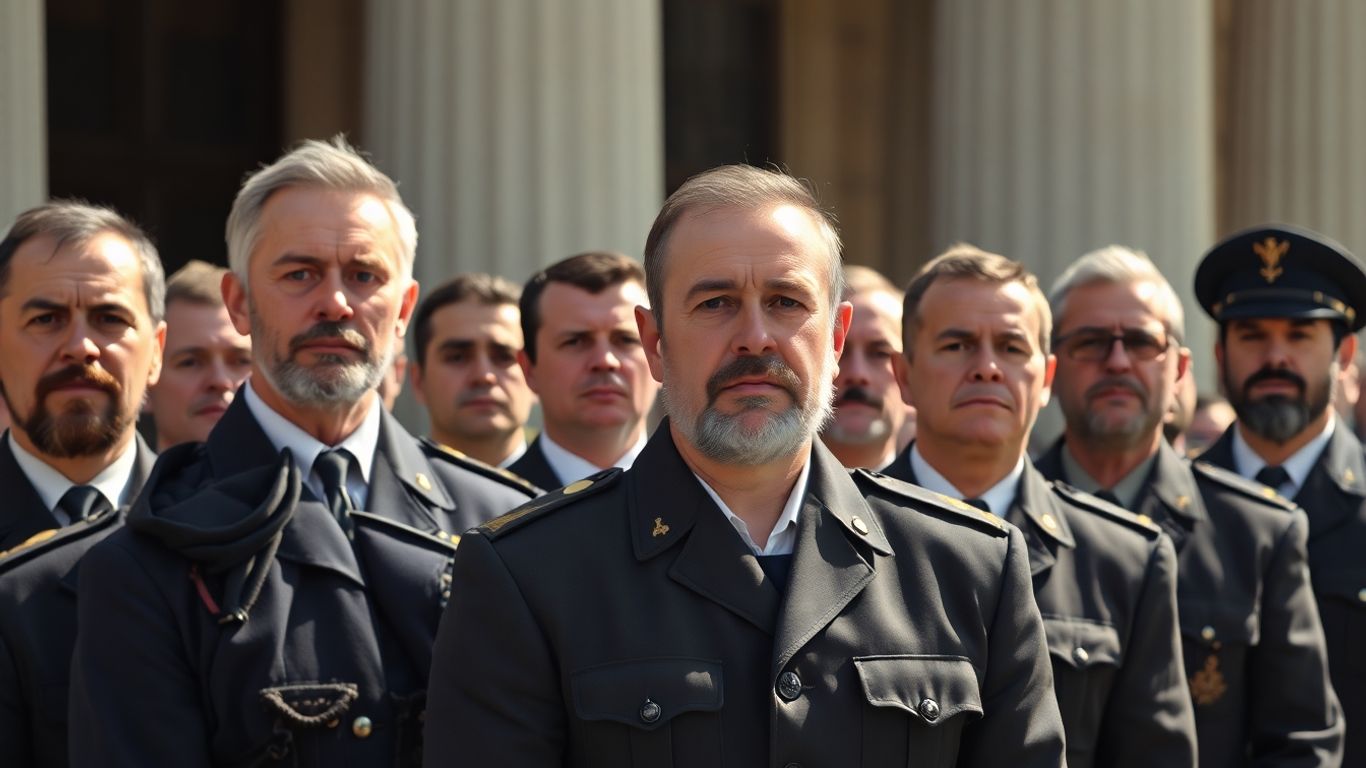Kosovo Liberation Army (KLA) veterans and supporters are preparing to defend their actions during the 1998-99 war for independence, as a special court in The Hague begins proceedings. The move has sparked protests in Pristina, with veterans accusing the court of bias and attempting to rewrite history.
Key Takeaways
- Kosovo War veterans are rallying against the Kosovo Specialist Chambers in The Hague.
- Protesters claim the court is biased and seeks to distort the history of the KLA’s fight for independence.
- Several former KLA leaders are currently on trial for alleged war crimes and crimes against humanity.
Defense of a ‘Righteous Fight’
Veterans and their supporters have gathered in Pristina to voice their opposition to the Kosovo Specialist Chambers, a European Union-backed tribunal established to investigate alleged crimes committed by KLA members. Protesters argue that the court is unfairly targeting those who fought against Serbian repression, viewing their actions as a legitimate response to ethnic cleansing, rape, and murder.
Hysni Gucati, head of the KLA Veterans’ Organisation, stated that the court has deviated from its mission and is attempting to "rewrite history." He emphasized that the KLA fighters were a necessary response to the persecution of the Kosovar people under Slobodan Milosevic’s regime.
Protests and Accusations of Bias
Thousands of citizens, including KLA veterans, participated in protests in Pristina. They expressed solidarity with former KLA leaders, including ex-President Hashim Thaci, who are currently facing charges such as murder, torture, and persecution of civilians. The protesters believe the court is undermining the establishment of Kosovo as a state.
The Kosovo Specialist Chambers were created in 2015 to address allegations stemming from a 2011 Council of Europe report, which included claims of KLA fighters engaging in human organ trafficking and killing Serbs and fellow ethnic Albanians. While the organ harvesting allegations have not been part of the indictments, the court has already seen convictions of former KLA members for war crimes, witness intimidation, and obstruction of justice.
The Court’s Mandate and Context
The court, though part of Kosovo’s judicial system, is based in The Hague and staffed by international personnel. Its establishment was prompted by concerns that Kosovo’s domestic justice system might not be robust enough to handle sensitive war crimes cases and protect witnesses. The war itself, which concluded before a NATO bombing campaign forced Serbian troops to withdraw, resulted in the deaths of approximately 11,400 people, mostly ethnic Albanians. Kosovo declared independence in 2008, a move recognized by many Western nations but not by Serbia or its allies.






